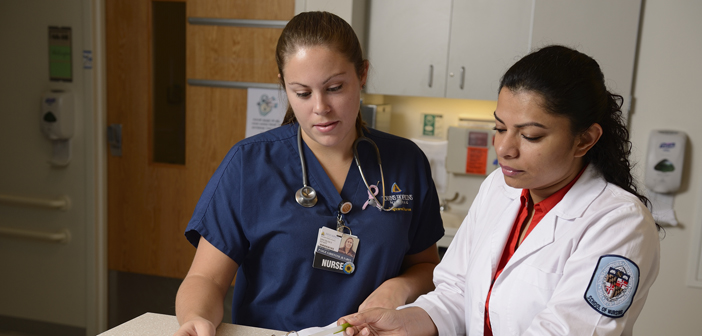Multiple pathways and philosophical underpinnings but we all share a common goal
By: Tamar Rodney, Marie Nolan, and Patricia Davidson
The International Network for Doctoral Education in Nursing (INDEN) is a non-profit professional association whose mission is to advance quality doctoral nursing education globally. Next week in Dublin, Ireland, INDEN will celebrate its 20th anniversary and many achievements of individuals who have excelled over the last two decades, as well as the vision of our founders. The conference theme of the 28th Research Congress will be Global Perspectives on Doctoral Education in Nursing. Nurses are the largest proportion of the health workforce, estimated to be over 19 million worldwide. The professional education of nursing and advancing the science of patient care is dependent on confident, competent, and credentialed nurses at all levels, including the doctoral level.
Although the models of doctoral degrees differ across the world, both in conceptual underpinnings as well as delivery models, the terminal doctoral degrees (Doctor of Philosophy and Doctor of Nursing Practice) seek to improve the value, quality, and outcomes of health care delivery and increase the status and value proposition of the nursing profession. The doctoral degree, once for an elite minority, is increasingly recommended and embraced by many nurses interested in leadership roles.
Globally, health care systems are facing numerous challenges, including the aging of the population, the increasing burden of non-communicable diseases, workforce shortages, and fiscal constraints. In the United States, the Institute of Medicine [now the National Academy of Medicine] Future of Nursing report set goals to double the number of nurses with a doctorate and increase proportion of nurses with baccalaureate degrees to 80 percent by 2020. These recommendations have relevance and salience internationally to improve health care. A follow–up report, Assessing Progress on the Future of Nursing, further emphasized increasing the number of doctorally prepared nurses and supporting academic pathways. At least one full-time, doctorally prepared nurse researcher is recommended for a 4-year period through cost avoidance: educating and facilitating direct care nurses to transform clinical questions into meaningful cost-saving projects (Staffileno, Wideman, & Carlson, 2013). The evidence is clear that when the nursing workforce is more educated, both individual patient and population health outcomes are improved. Doctorally prepared nurses are critical in all dimensions of nursing in practice, education, research, and policy.
INDEN 2017 will gather nurses from around the globe to explore innovative models of doctoral nursing education. This sharing of experiences will allow us to collectively address challenges, harness opportunities, and pave the way for future directions. The Johns Hopkins School of Nursing is proud to be a long standing supporter of INDEN and is committed to advancing doctoral education at the PhD and DNP ranks. Follow @INDENGlobal and @nursingdean for the discussion and debate in Dublin, Ireland, July 26 and 27 this week.
